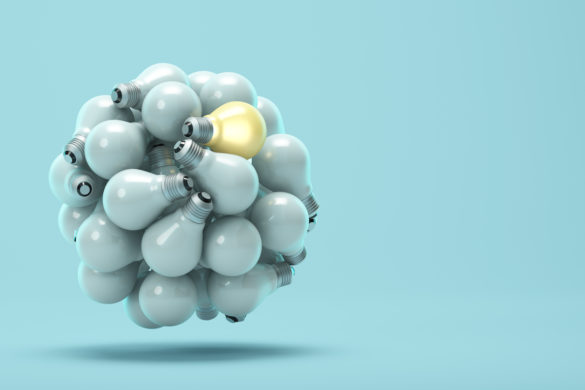During my visit in Lisbon, Portugal, I worked both in the outpatient clinic and persued my own research project.
While in the outpatient clinic, movement disorders domains were discussed, such as Parkinson’s disease, atypical Parkinsonism, Deep Brain Stimulation (DBS), Neurogenetics counseling (especially addressed to Huntington’s disease and Spinocerebellar Ataxia), general neurology, and Botulinum toxin therapy treatment.
I previously planned my own research projects with Prof. Ferreira and the aim of my studies was to evaluate the effects of bilateral DBS of the subthalamic nucleus on olfaction in PD patients in order to shed more light on the effects of DBS on olfactory function processing.
Moreover as an additional research activity I have started a systematic review on neutralizing antibodies (NAB) and secondary resistance to Botulinum toxin therapy (BT). During the stage period I have principally made the first step of the study selecting the articles that we have to examine in order to write a review on NAB and therapy failure during MT therapy.
During my stay I also had the opportunity to attend two surgery sessions for PD patients who underwent DBS of the subthalamic nucleus and I also attended the weekly clinical discussions of the inpatients department.
Overall I can resume that in regards to my research project I learned and expanded my knowledge in the way that I learned how to use the “sniffin sticks” test, developed knowledge in writing and performing a clinical study, trained myself on clinical evaluation of PD patients, improved my ability in studying and writing.
My knowledge achieved in the outpatient clinic comprises of gaining more insights on early and late-stage PD management therapy and differential diagnosis approach, Botulinum toxin indication and injection performing, diagnostic approach to chorea, cerebellar and tic disorders and to DVS indication and evaluation of operated patients.
My personal thanks go to my Portuguese colleagues, especially Professor Ferreira and all his colleagues from the movement disorders department, who accepted me very friendly and shared their professional knowledge with me. They actively supported me in my research project. Prof. Ferreira was very helpful and I appreciate his teaching, communication and organisation abilities.
Dr. Margherita Fabbri works at the IRCCS, Department of Neurological Science, University of Bologna, Italy and stayed during her DD visit at the Department of Neurology, Centro Hospitalar Lisboa Norte, Hospital de Santa Maria, Portugal







